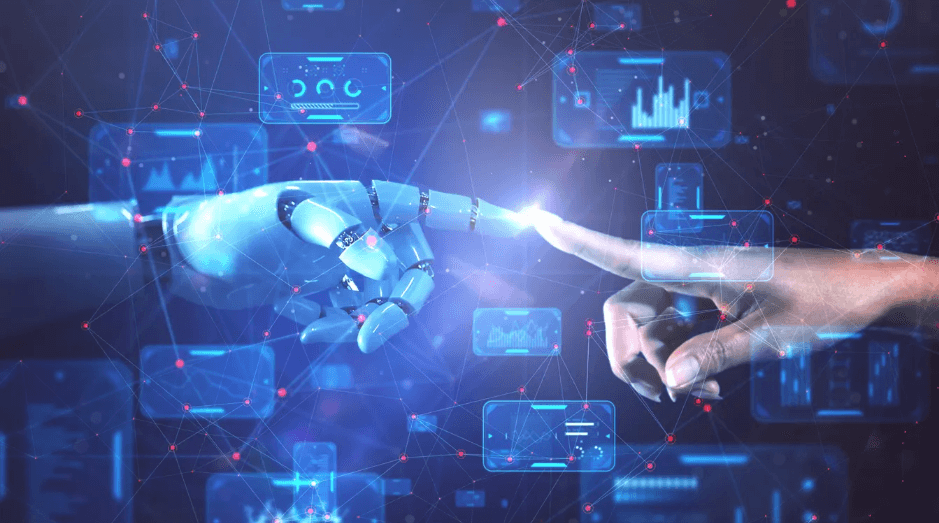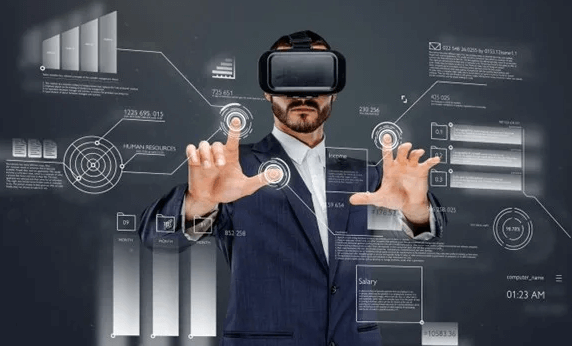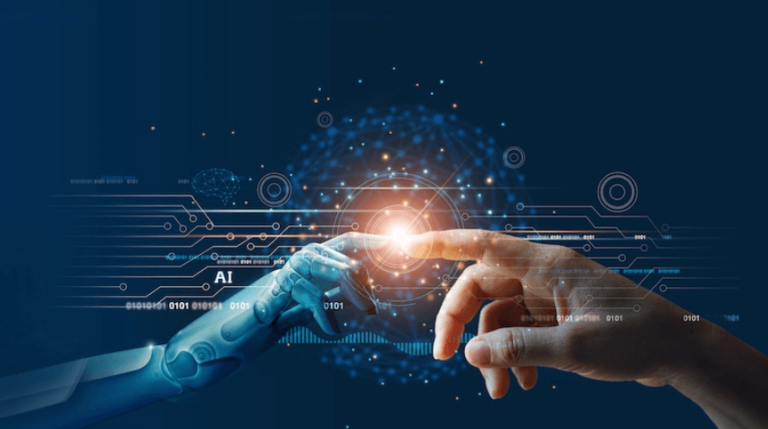Technology in 2025: Trends, Impact, and the Future
Technology is no longer just a tool; it has become the foundation of modern society. From artificial intelligence to 5G connectivity, innovations are shaping industries, improving lifestyles, and transforming the global economy. As we step deeper into 2025, it is clear that technology will continue to define how we live, work, and connect. This article explores key tech trends, their benefits, and the challenges that come with them.
Artificial Intelligence: Powering the New Era
Artificial Intelligence (AI) is one of the most impactful technologies of the 21st century. It powers everything from virtual assistants like Siri and Alexa to business analytics platforms used by global companies.
- Automation of tasks: Businesses save time and resources by automating repetitive operations.
- Healthcare improvements: AI-driven diagnostics help detect diseases earlier and improve patient care.
- Personalization: E-commerce platforms and streaming services rely on AI to deliver tailored recommendations.
The rise of Generative AI also brings opportunities for creating content, designs, and even software code, making innovation faster and more accessible.
Cloud Computing: A Foundation for Growth
The adoption of cloud computing has accelerated dramatically in recent years. By moving data and applications to the cloud, businesses enjoy greater efficiency and flexibility.
- Remote work enablement: Teams can collaborate globally without being tied to a physical office.
- Cost savings: Cloud platforms eliminate the need for expensive hardware.
- Scalability: Companies can expand IT resources instantly as demand grows.
Providers such as Amazon Web Services (AWS), Google Cloud, and Microsoft Azure are constantly improving security and performance, ensuring reliable digital infrastructure.
See also: The Future of Technology: Trends, Innovations, and Impact
The Internet of Things (IoT): Connecting Everything
The Internet of Things (IoT) is connecting billions of devices around the world, turning homes, cities, and industries smarter.
- Smart homes: IoT-powered devices like smart lights and thermostats improve convenience and energy efficiency.
- Healthcare wearables: Devices track heart rate, sleep, and fitness, helping doctors monitor patients remotely.
- Industrial IoT (IIoT): Sensors and automation tools boost productivity in manufacturing and logistics.
The next wave of IoT will lead to smart cities, reducing energy waste, improving transportation, and enhancing safety.
Cybersecurity: The Shield of the Digital World
As digital technology expands, so do the risks. Cybersecurity is now more critical than ever.
- Data protection: Businesses must secure sensitive customer data against hackers.
- Ransomware defense: Companies invest in strong protections to avoid costly cyberattacks.
- AI in security: Intelligent defense systems detect unusual activity and respond instantly.
With the rise of remote work and digital transactions, cybersecurity spending is expected to grow into a trillion-dollar industry.
5G Connectivity: Transforming Communication
The rollout of 5G networks is unlocking ultra-fast speeds and low latency, making the internet more powerful than ever.
- Mobile experiences: Seamless video streaming and gaming without lag.
- Smart infrastructure: Self-driving cars and connected transportation systems rely on 5G.
- Remote innovation: Virtual classrooms, remote surgeries, and augmented reality experiences become more practical.
As 5G expands globally, it will form the backbone of future technologies like the metaverse and autonomous vehicles.
Blockchain: Beyond Cryptocurrency
Although blockchain is widely associated with Bitcoin and Ethereum, its uses extend far beyond digital currency.
- Supply chain transparency: Blockchain ensures authenticity by recording every step of a product’s journey.
- Healthcare: Secure medical records protect patients from data theft.
- Smart contracts: Automated agreements reduce costs and eliminate middlemen.
As Web3 grows, blockchain will play a central role in decentralization, finance, and digital ownership.
Green Technology: Innovating for Sustainability
Technology is not just about progress—it is also about responsibility. Green technology aims to reduce the environmental impact of modern life.
- Clean energy: Advances in solar, wind, and hydroelectric power are making renewable energy more efficient.
- Electric vehicles (EVs): Companies like Tesla, Rivian, and BYD are pushing for eco-friendly transportation.
- Smart energy grids: Intelligent distribution systems cut down waste and save costs.
As climate concerns rise, green tech will play a vital role in building a sustainable future.
Future Technologies to Watch
Several emerging technologies are set to redefine the global landscape:
- Quantum computing: Solving complex problems in seconds that traditional computers cannot.
- Metaverse platforms: New ways to socialize, learn, and do business in immersive virtual spaces.
- Biotechnology: Genetic research and advanced medicine that can extend human lifespans.
- Artificial General Intelligence (AGI): Machines capable of reasoning and decision-making like humans.
These innovations will bring opportunities, but also raise ethical and security challenges.
Conclusion
Technology in 2025 is advancing at lightning speed, reshaping industries, lifestyles, and global economies. From AI and cloud computing to IoT and 5G, innovations are creating smarter solutions and new opportunities for growth. At the same time, issues like cybersecurity and sustainability must be addressed to ensure responsible progress.
The future belongs to those who embrace change, adapt to innovation, and use technology to create solutions that are smarter, safer, and greener. As we move forward, technology will remain the key driver of global transformation, bridging the gap between today’s challenges and tomorrow’s possibilities.



